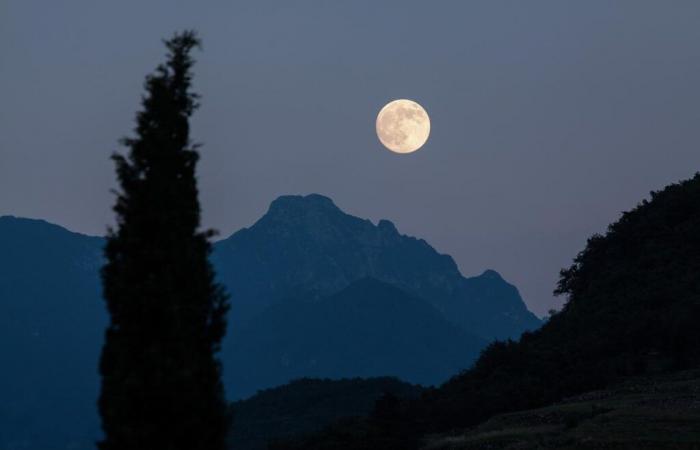Pop your head (PTC): what is this drug vaped by teenagers?
On October 8, the Hautes-Alpes national police warned of “the circulation of a new drug nicknamed Buddha blue or PTC” in the small town of Gap. In September, nine Ardèche high school students, aged 15 to 17, were poisoned and hospitalized after vaping just before classes. For its part, the Meuse Grand Sud Urban Community has launched an awareness campaign as the PTC “spreads across the territory”.
And this question clearly raises questions since it is at the origin of multiple studies. In 2017, a group of Swiss researchers highlighted sleep shortened by 30% during the time of a full moon in the individuals studied. In addition to the duration, it would be considered less qualitative because the secretions of melatonin, a hormone linked to sleep, are lower. At the same time, the Moon's radiation would directly affect the hypothalamus, a region of our brain which regulates the nervous system. This would make us more sensitive to lunar cycles.
The editorial team advises you
In 2021, a group of American and Argentinian researchers conducted one of the last investigations on the subject. During these periods when full moons appear, they analyzed several communities, from large cities to isolated areas of Argentina.
Afis procrastinates on hasty conclusions
The first conclusions of their study indicate that people go to bed later as the full moon approaches and that they sleep less. Several hypotheses were put forward by this group of researchers to explain these results. The main cause, according to them, is lunar light, which disrupts the internal clock, which is supposed to regulate sleep cycles.
These conclusions are a bit hasty for the French Association for Scientific Information (Afis), which recommends via a press release to take a step back from these conclusions. “On average, rural communities sleep a little less before the full moon, consistent with their tradition and way of life where they take advantage of the lunar light. Whatever the authors say, this in no way proves the existence of a hypothetical lunar effect on sleep, gravitational or not, which would act even in an urban environment. »
Several neurologists also deny this theory, instead highlighting the consequences of screens and our sensitivity to electric lighting, clearly present in our daily lives and greater than the brightness of the full moon. This disagreement between researchers symbolizes above all that science has not yet established a direct link between sleep disorders and the full moon, in the 21st century.






